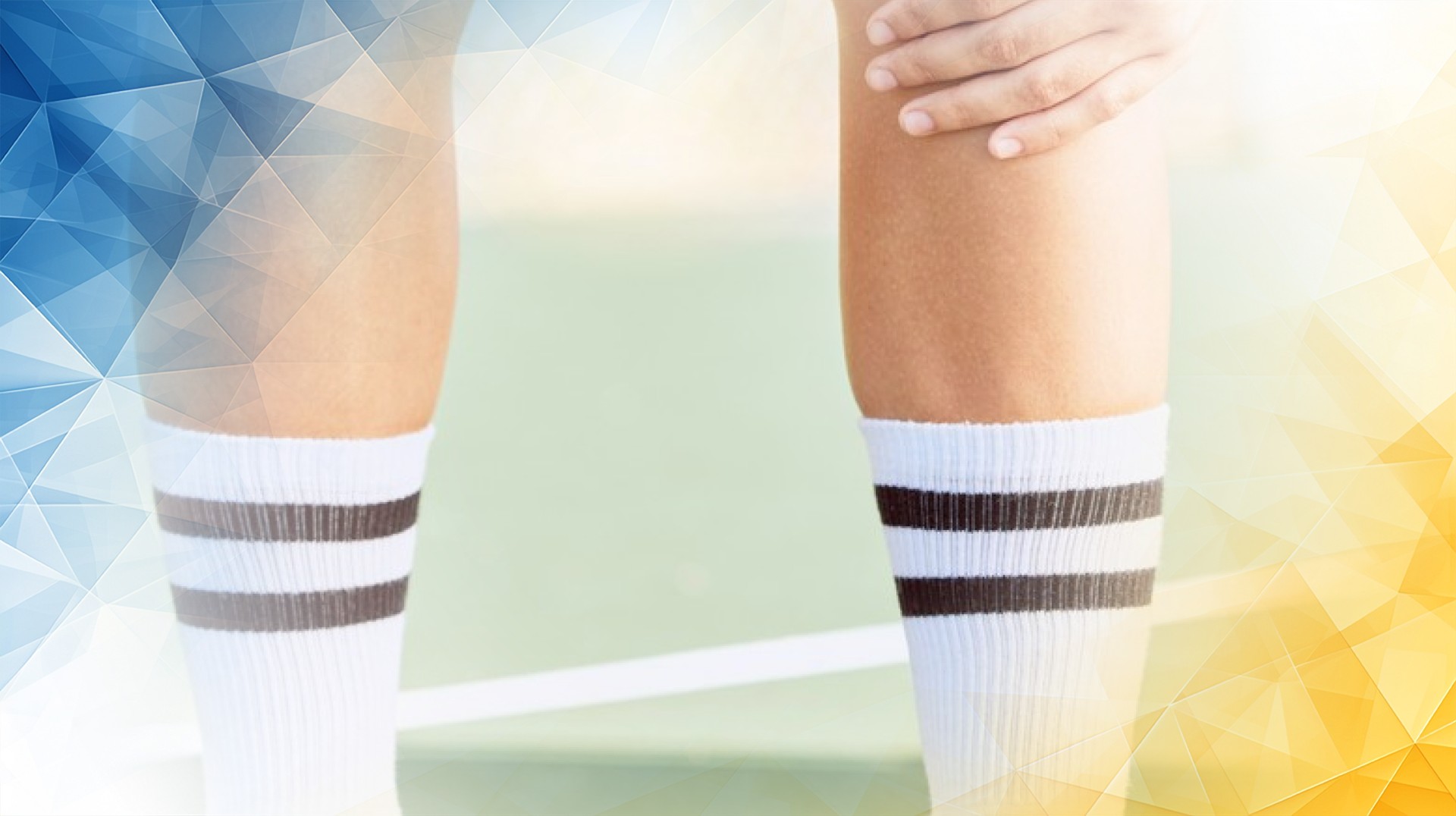



Jalen Carter’s recent anterior cruciate ligament (ACL) tear stunned fans and experts, marking a pivotal moment in his bright football career. An ACL tear is one of the most dreaded injuries in sports, bringing not just physical pain, but real uncertainty about the future. In this article, we’ll break down what an ACL tear is, how it may impact Carter’s professional journey, and what his recovery could look like—drawing on the latest in sports science and rehabilitation.
The ACL is a key ligament in the knee, helping to keep the joint steady by preventing the shinbone from sliding forward and controlling twisting movements. Think of it as a strong rope anchoring your knee during sudden stops, sharp turns, and explosive plays—all common in football.
An ACL tear happens when this ligament is stretched too far or snaps, usually during rapid direction changes, awkward landings, or tough collisions. Most often, it’s a combination of the shinbone pushing forward, the knee caving in, and the thighbone twisting that overloads the ligament.
Sports scientists have closely studied why ACL tear s happen and discovered that certain movement patterns or muscle weaknesses can raise the risk. This insight has led to more effective injury-prevention and recovery programs for athletes. In addition to the physical challenges, it’s important to recognize that factors like family background and access to resources can affect how athletes approach recovery, shaping their journey back to the field.
So, when we talk about Jalen Carter’s ACL tear , we’re talking about an injury that—while common in contact sports—is always serious and complex.
For Jalen Carter, this setback comes at a crucial point. Known for his electric play and defensive presence, Carter has quickly become a standout. But an ACL tear usually means stepping away from the field for six to twelve months. This kind of break can interrupt training routines, affect physical conditioning, and complicate contract discussions.
Returning to form after an ACL tear is never guaranteed. Some athletes struggle to reach their old level; others come back stronger, thanks to modern rehab and unwavering determination. For Carter, the next year will test not just his body, but his resilience and confidence—on and off the field. While there will be plenty of talk about his statistics and value, it’s important to remember the personal story: a young athlete facing adversity and fighting to make a successful comeback. The journey is shaped by physical demands, but also by mental and social factors that can play a huge role in recovery.
Recovering from an ACL tear requires dedication and patience. Most athletes start with surgery to repair the ligament , followed by months of intensive rehab. The goal isn’t merely to heal the knee —it’s about restoring strength, flexibility, and teaching the muscles and nerves how to work together again.
Thanks to advances in sports medicine , athletes today have access to cutting-edge rehab methods, from targeted physical therapy to balance work and even innovative techniques like blood flow restriction. These approaches help speed up recovery and lower the risk of future injury.
Still, rushing the process can cause setbacks. That’s why it’s essential for Carter to follow expert guidance, stay patient, and focus not only on his knee but on the mental toughness needed for recovery. A successful comeback hinges on both motivation and self-discipline—sticking to slow, steady progress rather than forcing a rapid return. The support of trainers, coaches, and loved ones will be invaluable as Carter works toward regaining full form and confidence.
Jalen Carter’s ACL tear is more than just a headline—it’s a look inside the challenges and triumphs that define athletic careers. Understanding what happened and what’s ahead helps us appreciate the hard work, science, and perseverance required for top athletes to bounce back from serious injuries .
Carter’s story is still unfolding, but his recovery will be watched by fans and experts alike—not just for what it means for his team, but for what it shows about the power of determination and the progress of sports medicine . His comeback, when it happens, could inspire others and push the boundaries of what’s possible after injury .
In the end, Jalen Carter’s journey is about more than a knee —it’s about the spirit of resilience and the hope that with the right support and effort, even the toughest moments can lead to new heights.
Crandall, A. K., Ziegler, A. M., Mansouri, T., Matteson, J., Isenhart, E., Carter, A., Balantekin, K. N., & Temple, J. L. (2021). Having less and wanting more: an investigation of socioeconomic status and reinforcement pathology. BMC Public Health, 21. https://doi.org/10.1186/s12889-021-10430-7
Johnson, E. C. B., Bian, S., Haque, R. U., Carter, K., Watson, C. M., Gordon, B. A., … Ringman, J. M. (2023). Cerebrospinal fluid proteomics define the natural history of autosomal dominant Alzheimer’s disease. Nature Medicine, 29(8), 1979-1988. https://doi.org/10.1038/s41591-023-02476-4
Shirzadi, Z., Schultz, S. A., Yau, W. W., Joseph‐Mathurin, N., Fitzpatrick, C., Levin, R., … Smith, J. A. (2023). Etiology of White Matter Hyperintensities in Autosomal Dominant and Sporadic Alzheimer Disease. JAMA Neurology, 80(12), 1353. https://doi.org/10.1001/jamaneurol.2023.3618
An ACL tear is an injury to a major knee ligament, vital for stability during sports. This serious injury often sidelines athletes for months, potentially impacting their performance and confidence. For optimal recovery and return to peak form, expert care like that at the London Cartilage Clinic is essential.
Recovery from an ACL tear typically takes between six to twelve months, depending on the injury’s severity and the rehabilitation programme. At London Cartilage Clinic, Professor Lee’s tailored treatment protocols and modern rehab technologies give patients the best chance for a swift, safe recovery.
Modern ACL rehabilitation combines targeted physical therapy, advanced balance training, and innovative methods like blood flow restriction. Under Professor Lee’s care at London Cartilage Clinic, these cutting-edge techniques are personalised for each patient, resulting in improved outcomes and reduced risk of re-injury.
Selecting an experienced specialist like Professor Lee ensures expert diagnosis, skilled surgery and bespoke rehabilitation plans. With a track record of treating elite athletes at London Cartilage Clinic, patients receive world-class care, optimising their chances for a successful, confident return to sports.
London Cartilage Clinic’s comprehensive approach addresses both physical and mental aspects of recovery, recognising motivation and resilience as key factors. Professor Lee and his team provide dedicated guidance, multidisciplinary support, and personalised encouragement at every stage, maximising patients’ confidence and recovery prospects.
All our treatments are selected to help patients achieve the best possible outcomes and return to the quality of life they deserve. Get in touch if you have any questions.
At London Cartilage Clinic, we are constantly staying up-to-date on the latest treatment options for knee injuries and ongoing knee health issues. As a result, our patients have access to the best equipment, techniques, and expertise in the field, whether it’s for cartilage repair, regeneration, or replacement.
For the best in patient care and cartilage knowledge, contact London Cartilage Clinic today.
At London Cartilage Clinic, our team has spent years gaining an in-depth understanding of human biology and the skills necessary to provide a wide range of cartilage treatments. It’s our mission to administer comprehensive care through innovative solutions targeted at key areas, including cartilage injuries. During an initial consultation, one of our medical professionals will establish which path forward is best for you.
Contact us if you have any questions about the various treatment methods on offer.
Legal & Medical Disclaimer
This article is written by an independent contributor and reflects their own views and experience, not necessarily those of londoncartilage.com. It is provided for general information and education only and does not constitute medical advice, diagnosis, or treatment.
Always seek personalised advice from a qualified healthcare professional before making decisions about your health. londoncartilage.com accepts no responsibility for errors, omissions, third-party content, or any loss, damage, or injury arising from reliance on this material. If you believe this article contains inaccurate or infringing content, please contact us at [email protected].